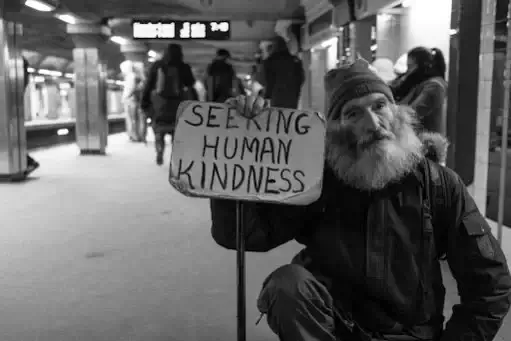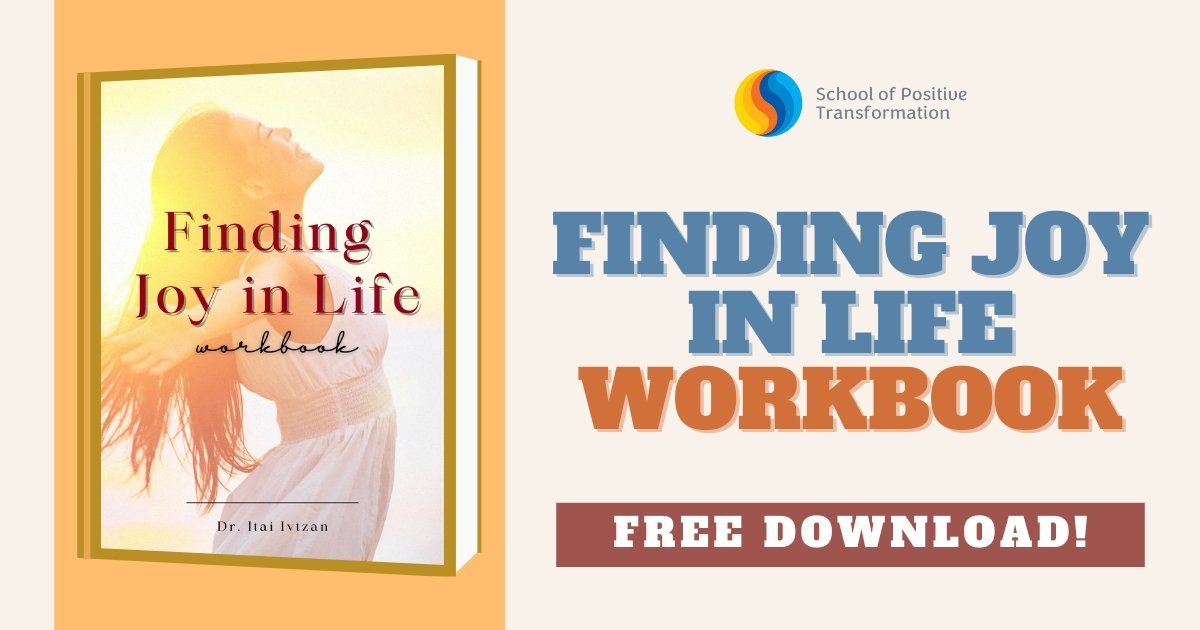Compassion: Any Act of Help is Never Too Little
 I never really thought much of this incidence until we tackled the topic of compassion. The following is a personal story that occurred years before I took a Positive Psychology Program.
I never really thought much of this incidence until we tackled the topic of compassion. The following is a personal story that occurred years before I took a Positive Psychology Program.
5 AM. After alighting the bus, I had my breakfast first and spent some time at Mcdonald’s waiting for the rain to thin out and waiting for the first ray of sun, before finding my way to my booked inn (which was like a good 20-minute walk from there). It felt so cold but after I ate I kind of warmed up a bit. Ha. Fuel was all I needed.
It was 6 am I think when the rain stopped and I went out. By the side of the road, was a blind man, he had a tin can in front of him, he was holding out his hands for alms. I never met my grandfather but I felt really disheartened by the sight of old people being left to the streets. Especially when I looked at his dysfunctional eyes. The weather was a bit chilly because it had rained and yet he had no jacket or anything thicker on him to keep him warm. I reckon he must be feeling cold, I did felt cold before I ate, and who would have known when this old man had his last meal?
Before you continue you might like to consider our free worksheet on exploring “Finding Joy In Life”. Please download this worksheet here.
In this article:
What is Compassion
Scientific Backed Benefits of Compassion
Any Act of Help is Never Too Little
He was feeling cold and kind of shaking, I realized as I was getting close. No one had given him alms yet. It was too early I guess. He was a good 40 steps ahead of my way and I realized that I just cannot stand walking past him and not giving a fuck so I went back and went into the small café near to get him a coffee and a club sandwich. Then I gave it to him.
He was thankful, of course. I told him to be careful with the coffee because it was still hot. He was smiling and that alone made my day. I know what I gave him wasn’t enough but hopefully, it starts and gets him for the day. Then I walked away. I was so damn close to tears.
I know how it feels to be helpless and no one even knows that you’re suffering. Or that they know it, they just don’t offer any support or help.
What is Compassion?
When we mention the word compassion, we relate the words: empathy, concern, and kindness. Truth is, compassion is empathy, concern, kindness, and action rolled into one. It is defined as a “deep feeling for and understanding of misery or suffering and the concomitant desire to promote its alleviation.”
As I was taking my Positive Psychology Certificate, I learned that it was just not me who was using compassion interchangeably with empathy. Empathy is defined as the ability to place yourself in another person’s shoes and feel their pain. Compassion goes beyond empathy and involves feeling an urge to take steps to relieve the other person’s suffering.
Why Do We Feel Compassion?
Some researches show that compassion is a learned or an innate tendency. Research by Cassell (2009) suggests that three requirements help drive feelings of compassion:
- The seriousness of a problem
- The individual’s problems are not self-inflicted
- The observer can recognize the victim’s suffering
To put it simply, a person must first be aware of the real problem and not put the situation’s blame on the victim. Another is one must be able to picture ourselves in the same or similar situation.
The study by Cordon and DeSteno (2011) found that when participants felt compassion for one person, they were less likely to punish another participant for bad behavior.
One psychotherapeutic practice that uses compassion is the client-centered approach by Carl Rogers. According to Rogers, unconditional positive regard is a central part of the therapeutic relationship. The therapist is not just there to guide the client; he or she must also have genuine care and concern in a way that is both active and nonjudgmental.
Scientific Backed Benefits of Compassion
Compassion benefits the recipient of the kind or altruistic actions, but researches have found that compassion can have a wide range of psychological benefits for those experiencing this emotional drive.
Some of the major benefits of compassion to the self include:
Increased immunity: A study showed that practicing compassionate meditation gave participants a better immune response to stress.
More prosocial behaviors: Researchers have found that people who received short-term compassion training are more likely to engage in helpful, or prosocial, behaviors toward others.
Greater empathy for others: Even a brief period of compassion training showed that it can help people feel greater empathy or emotional understanding and urge action for others.
Increased happiness: Compassionate meditation has also been shown to help people become happier and healthier. Those who practiced this type of meditation rated themselves as happier and more satisfied with their lives.

Any Act of Help is Never Too Little
The next day, I went back to the spot where I first saw him. He wasn’t there. So I tried again on the third day, I was hoping to give the old man some company for a while since maybe all I can offer him is some time and maybe another meal. But he wasn’t there. I went around Session Road hoping maybe he’d be on the other side of the street. He wasn’t. I asked the lady who sold newspapers near the spot where I first saw him, and she had no idea since the man was not a regular on that spot.
I felt sad and happy at the same time. I don’t know where he is, and what happened to him after that fateful morning and that made me sad. But, I am joyful too that I was able to give him a little something, that I acted to care and helped him alleviate, momentarily, of the hardness in his life.
I offered what I could and it mattered.

Taking a Masters in positive psychology online program has shown me how significant and distinct the feeling of compassion is. Have you had any similar experiences with compassion? Would love to hear your stories too below!
Ready to cultivate more compassion in your life? Download our free ‘Finding Joy In Life’ workbook and learn how to deepen your empathy and take meaningful action for others.






